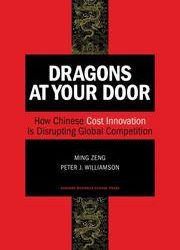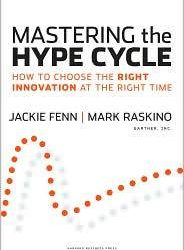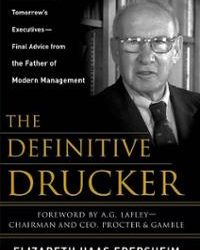Silicon Dragon
China is currently at the centre of attention, not only due to the Olympics but also on account of the country’s incredible economic growth. Two books recently appeared about the role of China in realising world domination in the business community. ‘Silicon Dragon: How China Is Winning the Tech Race’ consists of twelve reports by Rebecca Fannin, editor of the Hong Kong weekly Asian Venture Capital and former correspondent of technology magazine Red Herring. Fanning subdivided the various types of Chinese high tech companies from her reports into three groups: copycats, venture capitalists and innovators.
The chapters about Baidu, Alibaba, Dangdang.com, Chinacars.com and Oak Pacific Interactive mainly inform the reader that these companies are mostly successful because they copied the western online concepts of Google, Yahoo!, eBay, Amazon.com and MySpace to the Chinese market: an interesting read, but not very new. In the second part about investors in China, Fannin writes that the world has never seen a bigger investment craze since the Dutch tulip hype in the seventeenth century.. In the third part of the book, Fannin discusses the companies that she considers to be innovating and developing. In reality, however, most of these IT companies’ ideas are little more than combinations of Google Earth, Verizon, Skype and Microsoft Explorer. Perhaps this note of criticism applies not merely to these Chinese companies, but also to all of the companies in this sector. Only LatticePower, developer of highly energy-efficient LEDs, seems to come up with its own technology. Various experts express the opinion in the introduction of this book that it will take quite some time (‘ten to twenty years’) before China will actually become a threat in terms of high tech.
The central, convincing message of ‘Operation China: from Strategy to Execution’, by two McKinsey directors in Beijing and Shanghai, respectively, is that the western multinationals must win the competitive struggle in China. If they cannot survive that extremely competitive market, then they will not succeed in the rest of the world either. If they fail there, then they risk being beat at home by either a Chinese or a Western competitor. Managing raw materials and parts in China is not only essential if one is to reach the enormous market of the local middle class, but also to succeed on the global scale.










